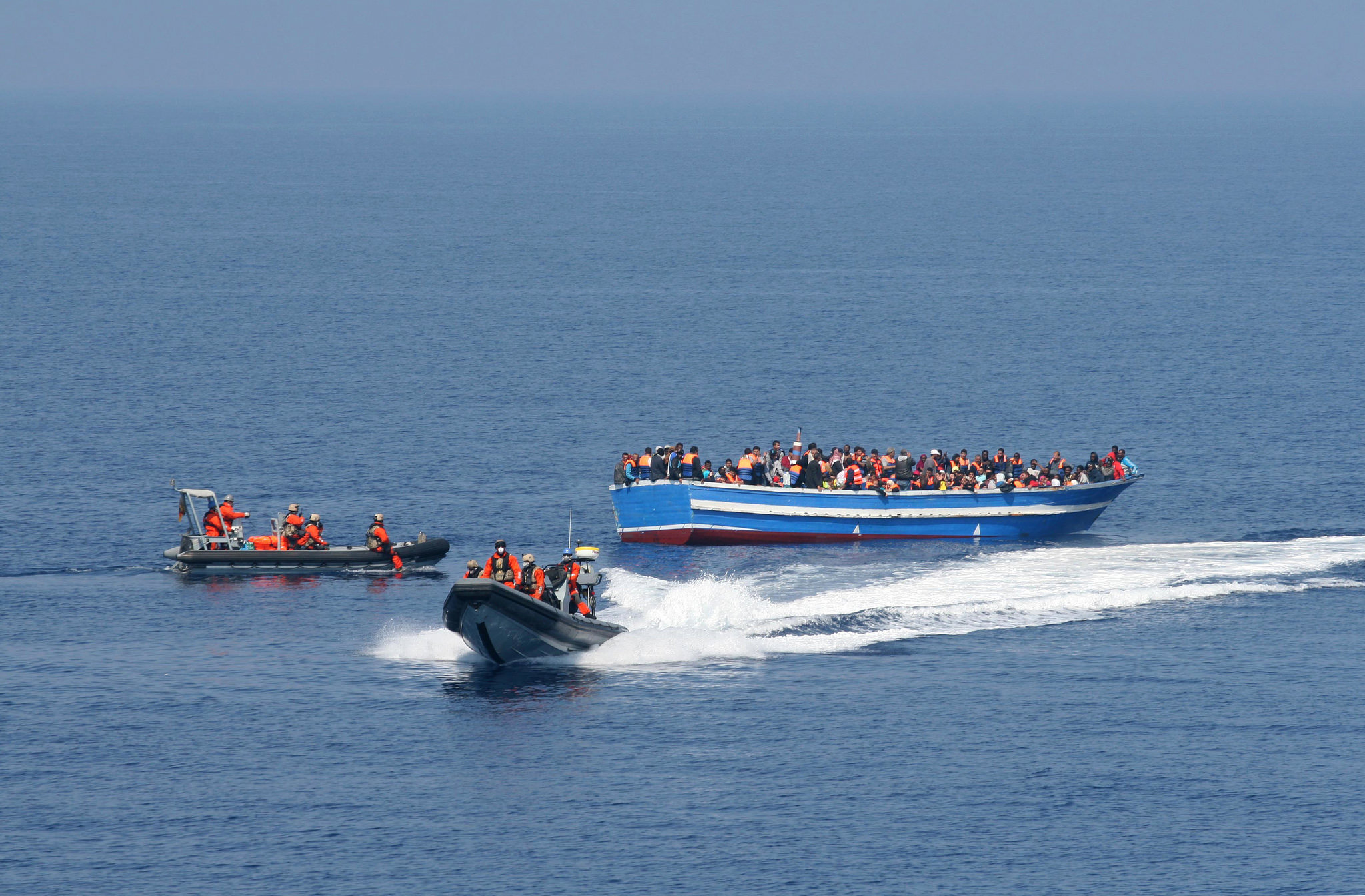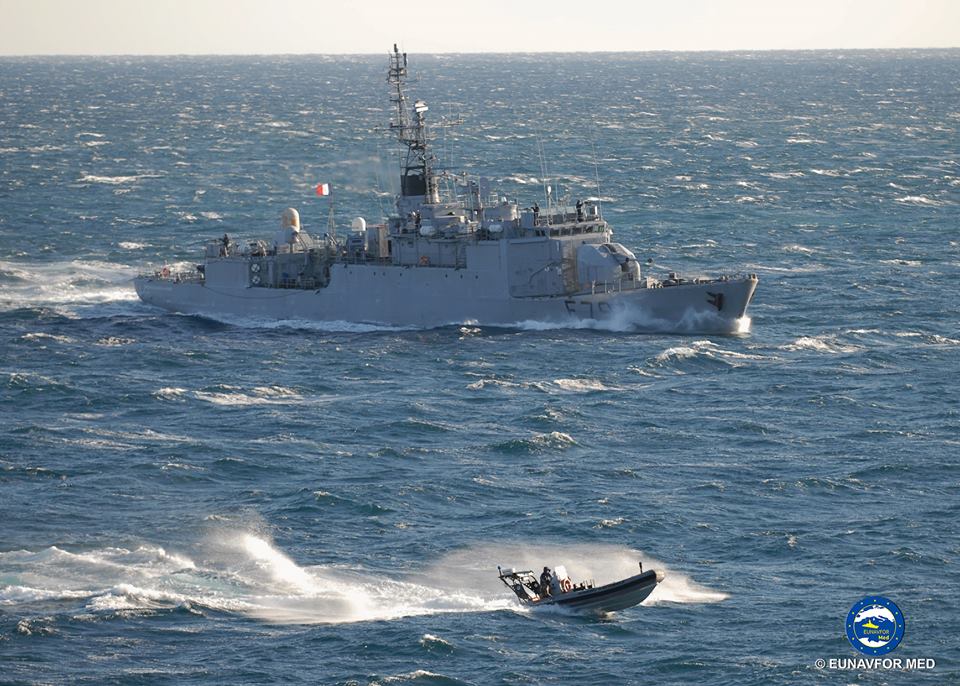The UN resolution on the fight against traffickers. Necessary ?

(BRUSSELS2) The UN Security Council has just approved in a resolution the measures taken by the Europeans off the coast of Libya in order to track down human traffickers (operation EUNAVFOR Med aka Sophie). Approval useful but not necessary, contrary to what has often been indicated. Quick explanation...
An existing legal system
On the High Seas, international law applies - the Montego Bay Convention and the Palermo Protocol - which already allows any public authority at sea (military vessel, border guards, etc.) to take all necessary measures against these traffickers. This without having a United Nations resolution. Some Member States have deduced that these "necessary measures" imply the power to seize ships, arrest and bring traffickers to justice. This is the case of France or Italy. Others consider that this terminology is not precise enough and does not make it possible to hinder public freedoms. This is particularly the case in the United Kingdom. This resolution does not completely solve the dilemma. If it is very precise on the seizures of ships, it refers for arrests in general to domestic and international law.
A helpful clarification for some countries
The UN resolution is, on the other hand, more specific on the possible measures against suspect ships of a flag State (an even more sensitive point than the previous one) and the destruction, under certain conditions, of suspect ships. But, there again, however, it is more a question of a clarification of the applicable law than of an innovation of international law. What a European diplomat confirmed to B2. Even if there is no " of legal imperative to have this resolution » During this phase, this text is a « clear political support for the operation ". The main thing is for later: to have a resolution that will allow us to move on to phase 3 ».
A political commitment
This resolution is therefore above all politically useful for Europeans. It marks the consensus of the international community on intervention against traffickers. But not only. It also obliges all other states to take legal action against them. And everyone to cooperate in these matters. It thus lays the foundations for a more decisive international commitment in this area.
(NGV)
For further :


